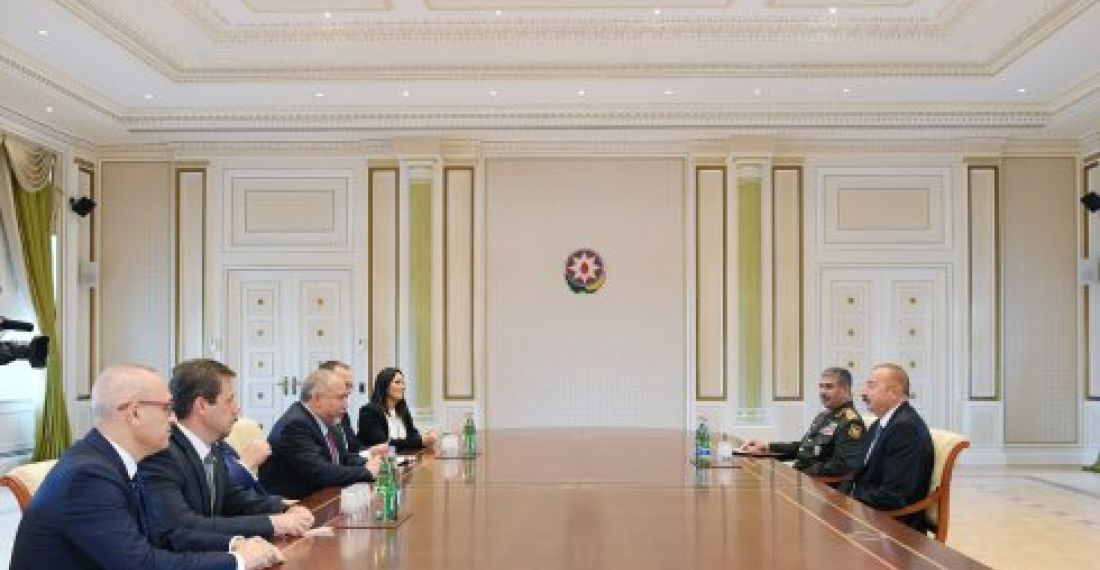Israeli Defense Minister Avigdor Liberman arrived in Azerbaijan on Thursday for his first visit. He met in the morning with Azerbaijani president Ilham Aliyev. Azerbaijan "is one of the biggest markets for Israeli arms, and sells Israel 40 percent of its oil", the Jerusalem Post reported in its online edition.
According to the Stockholm International Peace Research Institute (SIPRI), an organization that monitors global arms sales, Israel was Azerbaijan's largest arms exporter for the last two years, selling the country USD 385 million worth of arms. Azerbaijan was the second largest recipient of Israeli arms in 2016, after India, and the third largest in 2017, following India and Vietnam.
Liberman's visit follows a visit by Prime Minister Benjamin Netanyahu to Baku in December 2016. Aliyev, during a press conference with Netanyahu, announced that Azerbaijan had signed long-term contracts to buy some $5billion in security and military equipment from Israel.
Liberman arrived in Azerbaijan from Georgia, where he was the first Israeli defense minister to ever visit that country. He met there with Georgian Prime Minister Mamuka Bakhtadze, Defense Minister Levan Izoria and Foreign Minister David Zalkaliani.
Liberman issued a statement saying that there are four areas of security cooperation between the two countries: cyber defense, assistance in creating a reservist service, combating terrorism and homeland protection.
In the decade before the Russian-Georgian war in August 2008, Israel sold the small South Caucasian state between $300-$500 million in military hardware. Perhaps even more importantly, defense contractors were involved in training the Georgian military, and among Among those involved were former generals such as Yisrael Ziv and Gal Hirsch, according to the Jerusalem Post report.
commonspace.eu with The Jerusalem Post
photo: Israeli Defence Minister Avigdor Liberman meeting with Azerbaijan President Ilham Aliyev in baku on 13 September 2018 (picture courtesy of the press service of the president of Azerbaijan)







